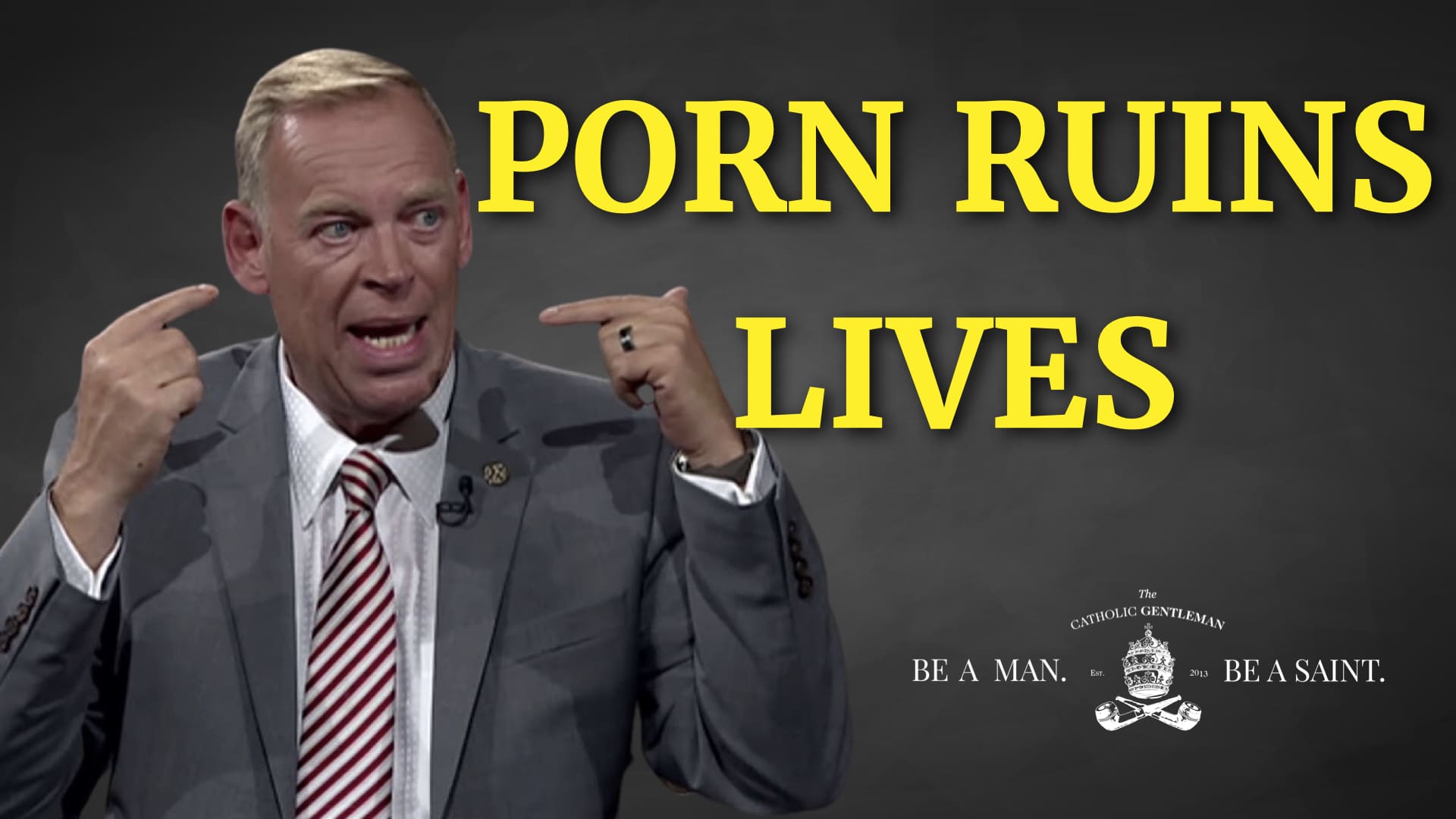SPD Nominates Lars Klingbeil For German Vice Chancellor And Finance Minister

Table of Contents
Lars Klingbeil's Background and Political Career
Lars Klingbeil's journey to this potentially defining position has been marked by steady advancement within the SPD. His career reflects a deep involvement in German politics and a commitment to social democratic principles.
- Early Career and Rise Through the Ranks: [Insert details about Klingbeil's early political involvement, including specific roles and responsibilities within the SPD. Mention any significant achievements or milestones in his career leading up to this nomination.]
- Key Positions Held: [List key positions held by Klingbeil, such as leadership roles within the SPD, committee memberships (e.g., Bundestag committees related to finance or economics), and any previous ministerial roles. Quantify his achievements wherever possible – for example, "successfully spearheaded legislation on..." or "oversaw a budget of..."].
- Political Ideology and Economic Stances: Klingbeil is known for his [describe his political ideology – is he considered centrist, left-leaning, etc.?]. His public statements suggest a focus on [mention his key economic policy positions, such as his views on taxation, government spending, and social welfare programs]. Keywords: SPD leadership, political experience, economic policy, social democratic party.
The Implications of Klingbeil's Nomination for the German Economy
Klingbeil's appointment as German Finance Minister carries significant weight for the German economy. His policy decisions will have a profound impact on various sectors and the overall economic outlook.
- Potential Fiscal Policies: Analysts predict that Klingbeil's approach to fiscal policy might involve [discuss potential policy directions, such as increased social spending, targeted tax cuts, or investments in green technologies. Cite relevant sources if possible].
- Taxation and Government Spending: His stance on taxation is likely to [explain his potential approach to taxation – will he favor tax increases to fund social programs, or will he prioritize tax cuts to stimulate economic growth?]. Government spending under his leadership might focus on [explain the likely priorities for government spending, such as infrastructure projects, social welfare initiatives, or investments in renewable energy].
- Impact on Key Sectors: The automotive, energy, and manufacturing sectors will be closely watching Klingbeil's policies. His decisions could lead to [explain the potential impact of his policies on these key sectors – for example, support for the transition to electric vehicles, investments in renewable energy infrastructure, or policies to support industrial competitiveness]. Keywords: fiscal policy, taxation, economic growth, government spending, German economic outlook.
Reactions and Political Analysis of the Nomination
The nomination of Lars Klingbeil has sparked considerable discussion within Germany and beyond.
- Reactions from within the SPD: [Describe the internal reactions within the SPD to the nomination – is there widespread support, or are there dissenting voices?].
- Reactions from Other Political Parties: [Describe the reactions from other political parties, such as the CDU/CSU, the Greens, and the FDP – are they supportive, critical, or neutral?].
- Expert Opinions: [Summarize the views of political analysts and economists on the nomination's implications for German politics and the economy. Cite relevant sources.]
- Public Perception: [Discuss the public's perception of Klingbeil – is he a popular figure, or is there significant public skepticism? Cite relevant polling data or news reports if available]. Keywords: coalition government, political reaction, public opinion, political analysis.
Comparing Klingbeil to Previous Finance Ministers
Comparing Klingbeil to his predecessors provides valuable context for understanding his potential impact.
- Similarities and Differences: [Compare Klingbeil's background, policy priorities, and leadership style to those of previous German Finance Ministers (e.g., Olaf Scholz, Wolfgang Schäuble). Highlight key similarities and differences].
- Strengths and Weaknesses: [Analyze Klingbeil's potential strengths and weaknesses as Finance Minister, based on his past experiences and political positions]. Keywords: German finance ministers, policy comparison, leadership styles.
Conclusion: The Future of German Finance Under Lars Klingbeil
The SPD's nomination of Lars Klingbeil as German Vice Chancellor and Finance Minister marks a significant turning point for German politics and the economy. His background, policy preferences, and leadership style will shape the nation's financial direction in the coming years. The success of his tenure will depend on his ability to navigate complex economic challenges and build consensus within the coalition government. His approach to fiscal policy, taxation, and government spending will have far-reaching consequences for various sectors of the German economy. The coming months and years will be crucial in evaluating the impact of this significant appointment. Stay informed about the latest developments regarding the SPD's nomination of Lars Klingbeil as German Vice Chancellor and Finance Minister. Follow us for further updates on German politics and the economy.

Featured Posts
-
 Xrps Meteoric Rise A Millionaire Maker In The Making
May 01, 2025
Xrps Meteoric Rise A Millionaire Maker In The Making
May 01, 2025 -
 X Files Reboot Ryan Coogler Discusses Gillian Andersons Involvement
May 01, 2025
X Files Reboot Ryan Coogler Discusses Gillian Andersons Involvement
May 01, 2025 -
 Two Bartlett Texas Structures Destroyed In Fire Total Loss Amid Red Flag Warning
May 01, 2025
Two Bartlett Texas Structures Destroyed In Fire Total Loss Amid Red Flag Warning
May 01, 2025 -
 The Food Thats More Dangerous Than You Think A Doctors Perspective
May 01, 2025
The Food Thats More Dangerous Than You Think A Doctors Perspective
May 01, 2025 -
 Assessing Nvidias Vulnerability In A Shifting Geopolitical Climate
May 01, 2025
Assessing Nvidias Vulnerability In A Shifting Geopolitical Climate
May 01, 2025
